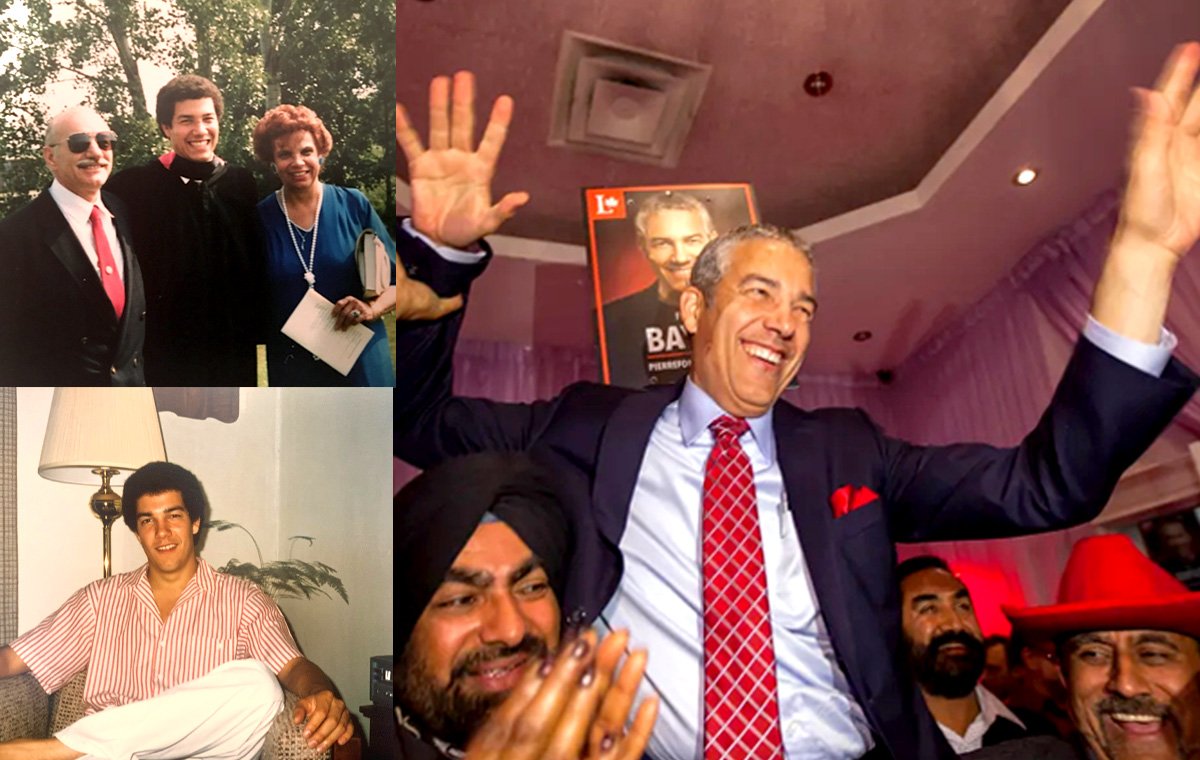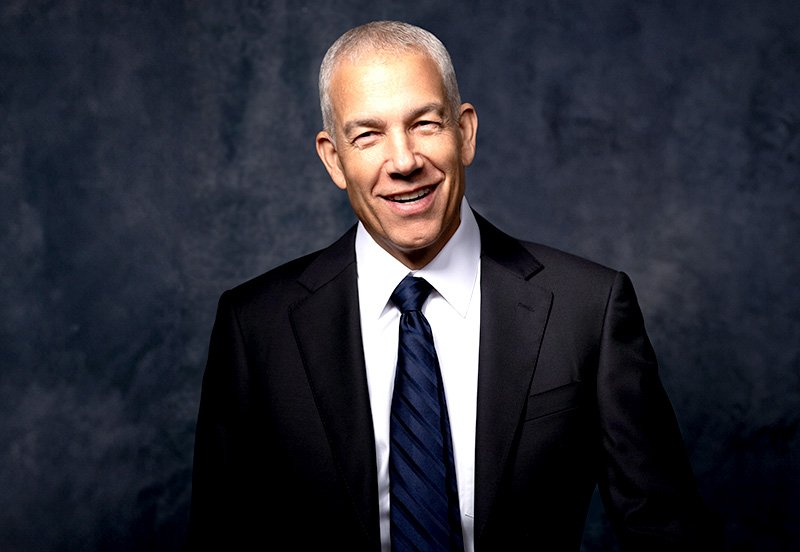 With the race to replace Prime Minister Justin Trudeau heating up, former MP, Frank Baylis is positioning himself as the pragmatic outsider who can fix a system, he says is failing Canadians. Baylis, a professional engineer and successful entrepreneur, is among the five contenders hoping to win over members.
With the race to replace Prime Minister Justin Trudeau heating up, former MP, Frank Baylis is positioning himself as the pragmatic outsider who can fix a system, he says is failing Canadians. Baylis, a professional engineer and successful entrepreneur, is among the five contenders hoping to win over members.
Baylis, who previously served as a Member of Parliament for the Pierrefonds-Dollard riding, admitted he had stepped away from politics due to frustrations with the current system.
“I felt that the government wasn’t working for Canadians, and it wasn’t working for me either,” he said. His attempt to introduce Bill 231—legislation aimed at making the House of Commons more effective by reducing time-wasting debates and partisan theatrics—was blocked. “The powers that be didn’t want to change. But now, I see an opportunity to return and fix it.”
He doesn’t consider himself a politician. As executive chairperson of Baylis Medical Tech, his business success, he says, is central to his pitch for leadership. “I’m not a career politician. I’m an engineer and an entrepreneur. My job is to identify problems and fix them,” he said.
He believes this experience differentiates him from the other contenders in the race—such as former Deputy Prime Minister Chrystia Freeland, Mark Carney, Karina Gould, and Ruby Dhalla—by offering a pragmatic, action-oriented approach to policy.
“When politicians see a problem, they look for someone to blame. When I see a problem, I think, ‘How do we fix it?’ That’s the difference.”
Baylis’s campaign focuses on three core issues: affordability, economic growth, and restoring public trust in government. He is particularly concerned about rising costs for housing, groceries, and essentials.
“We’re facing an affordability crisis, and Canadians need real solutions,” he said. His plan involves boosting the economy by investing in Canadian innovation, technology, and research at universities. He also stressed the need for fiscal responsibility, arguing that runaway government spending weakens the Canadian dollar, driving up prices.
“When our dollar goes down, everything we import—like groceries—costs more,” he explained. “We need to create better-paying jobs while stabilizing our currency to make life more affordable for Canadians.”
Baylis believes his experience as a successful entrepreneur will help him negotiate trade deals and handle cross-border challenges, particularly in the face of potential U.S. tariffs. “With my business background, I understand the language of people like President Trump and other business-minded leaders,” he said. “I can defend Canada’s interests effectively because I know how to negotiate as a businessman.”
The Liberal Party has seen its share of bruises in recent years, with issues such as declining public trust. Baylis says the way forward is a return to core Liberal values: human rights, fiscal responsibility, and accountability.
“We can’t keep making promises we don’t deliver or spending money we don’t have,” Baylis said. He plans to decentralize power within the party, empowering individual MPs and giving Canadians a stronger voice. “We need a government that works for the people, not for itself.”
During his time in Parliament, Baylis worked across party lines to propose reforms aimed at improving government productivity and giving more power to MPs and citizens. “I’m committed to taking power away from the center and giving it back to the, speaker, the house and the people.”
One of Baylis’s boldest proposals is a comprehensive reform of Canada’s healthcare system, which he describes as outdated. He believes the system, designed in the 1960s for acute care, needs a “paradigm shift” to address chronic illnesses like diabetes, heart disease, and cancer.
His plan includes creating continuous care centers staffed by nurse practitioners to reduce emergency room congestion. “We don’t need bigger ERs. We need to use them for emergencies only and provide better primary care through alternative systems,” he explained.
Baylis also plans to leverage artificial intelligence and cutting-edge technologies to improve patient care and streamline medical record management.
“We can use Canadian innovation to revolutionize our healthcare system,” he said. “I’ve been working in healthcare for 35 years, and I know this is doable.”
As a Montrealer, Baylis understands Quebec’s unique political dynamics and the tensions between provincial and federal interests. “Quebec’s interests and Canada’s interests aren’t at odds—they can be aligned,” he said. He supports protecting the French language and culture but opposes divisive measures. “We need positive, proactive solutions, not fear-mongering.”
If elected Prime Minister, Baylis promises Canadians will see pragmatic, solution-oriented leadership focused on results. As the March 9 leadership vote approaches, Baylis is banking on his ability to appeal to Canadians who are tired of how things have been running and are looking for real change. “I’m here to deliver solutions. It’s time to get to work.”













1 Comment
Neyaz Shaheen February 11, 2025 at 10:39 am
Bravo frank. I love your ideas on all the issues you have touched. Good luck You have my vote.